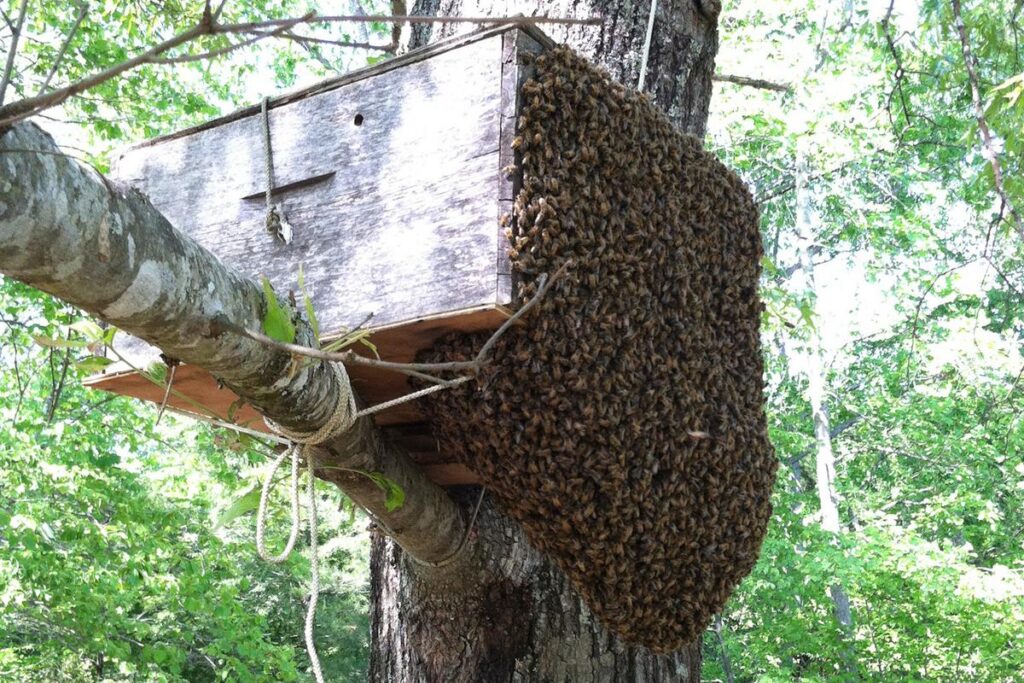
Protecting Endangered Species: Bee Relocation’s Ecological Impact
Bees, often hailed as nature’s tiny superheroes, play a vital role in maintaining the delicate balance of ecosystems worldwide. These industrious insects are not only crucial pollinators for a variety of crops but also contribute to the overall biodiversity of our planet. However, in recent years, bee populations have faced significant threats, including habitat loss, pesticide use, and climate change, leading to a decline in their numbers and placing many species on the brink of extinction. In response to this crisis, conservation efforts have intensified, with bee relocation emerging as a key strategy in safeguarding these essential pollinators and preserving ecological harmony.
The Importance of Bee Relocation
Bee relocation, also known as bee rescue or bee translocation, involves safely removing bee colonies from locations where they pose a threat to human activity or property and relocating them to more suitable habitats. This practice not only protects people and property from potential harm but also ensures the survival of bee populations that might otherwise be exterminated. However, the ecological impact of bee relocation goes beyond simply relocating a nuisance colony; it encompasses broader implications for biodiversity, ecosystem stability, and environmental sustainability.
Preserving Genetic Diversity
One of the primary benefits of bee relocation is the preservation of genetic diversity within bee populations. By relocating colonies instead of exterminating them, beekeepers and conservationists can maintain the genetic integrity of local bee populations, which is crucial for their long-term survival. Genetic diversity enhances the resilience of bee colonies to environmental stressors such as diseases, pests, and changes in habitat, thereby increasing their chances of adaptation and survival in a rapidly changing world.
Supporting Native Plant Species and Ecosystems
Furthermore, bee relocation contributes to the conservation of native plant species and the maintenance of healthy ecosystems. Bees are essential pollinators for a wide range of flowering plants, including many native species that rely exclusively on them for pollination. By relocating bee colonies rather than eliminating them, we ensure that these vital pollination services continue uninterrupted, thereby supporting the reproduction and propagation of native plant species. This, in turn, helps to maintain the biodiversity of ecosystems and preserves the delicate balance of natural habitats.
Bee Relocation in Urban Areas
In urban areas like Los Angeles, California, where human development often encroaches upon natural habitats, bee relocation plays a crucial role in mitigating conflicts between humans and bees. As the demand for residential and commercial space increases, conflicts between bees and humans are becoming more common, leading to calls for bee removal services. In such situations, enlisting the services of a reputable bee removal company in Los Angeles, CA, is essential for safely relocating bee colonies without causing harm to the bees or the environment.
A bee removal company in Los Angeles, CA, typically employs trained professionals who specialize in the safe and humane removal of bee colonies from residential and commercial properties. These experts use specialized equipment and techniques to extract bees and their hives without causing unnecessary harm to the insects. Once removed, the bees are transported to designated relocation sites where they can continue their vital role as pollinators in a more suitable environment. By partnering with a bee removal company Los Angeles, CA, property owners can address bee-related issues effectively while also contributing to the conservation of bee populations and ecosystems.
Economic and Ecological Benefits
In addition to preserving bee populations and protecting biodiversity, bee relocation also offers economic benefits by supporting agricultural productivity and ecosystem services. As primary pollinators of many food crops, bees play a crucial role in agricultural systems, contributing billions of dollars annually to global food production. By safeguarding bee populations through relocation efforts, we ensure the continued availability of pollination services that are essential for crop yields and food security. Moreover, bees provide valuable ecosystem services such as soil fertility, water filtration, and carbon sequestration, which have far-reaching implications for human well-being and environmental sustainability.
Summary
In conclusion, bee relocation represents a proactive and sustainable approach to protecting endangered species and preserving ecological balance. By safeguarding bee populations and their habitats, we not only ensure the survival of these essential pollinators but also support the health and resilience of ecosystems worldwide. As urbanization continues to encroach upon natural habitats, the services of bee removal companies like those in Los Angeles, CA, become increasingly valuable in managing conflicts between humans and bees while promoting coexistence and conservation. By embracing bee relocation as a conservation strategy, we can secure a brighter future for bees, ecosystems, and humanity alike.





Leave Your Comment